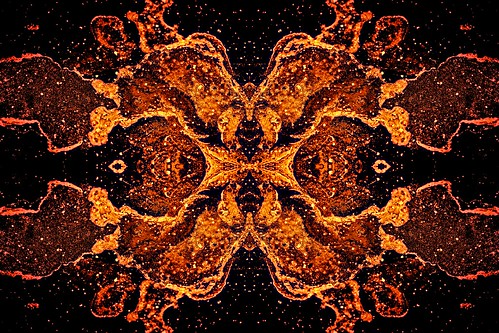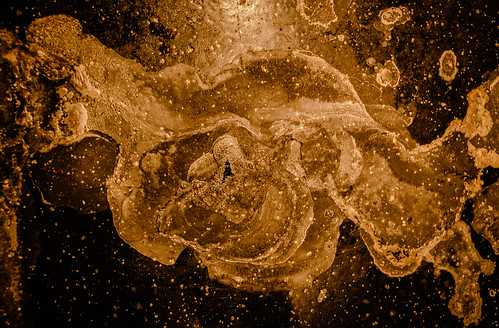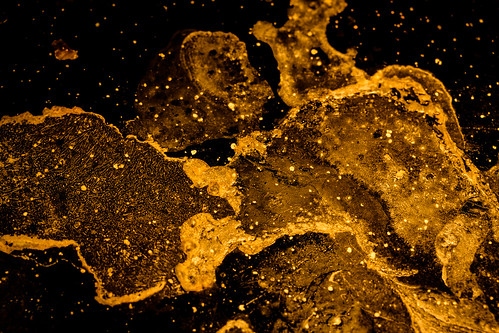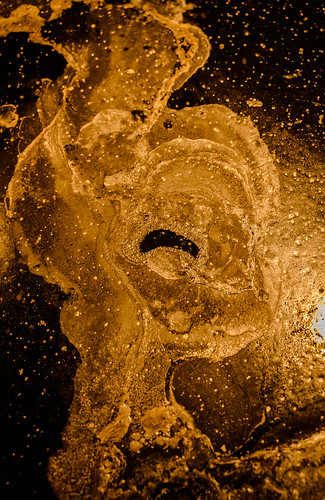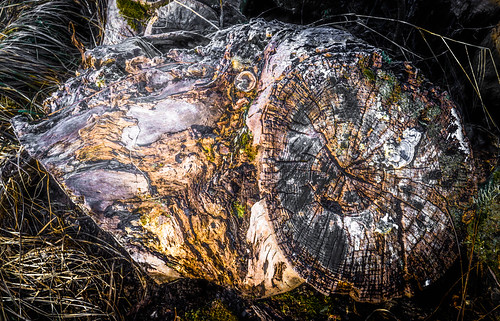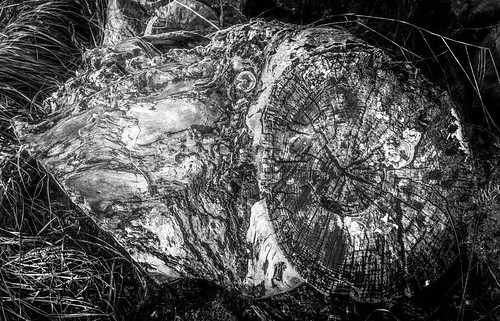I like me a good enigma, and I’ve used that word in all sorts of connections over the years, but never thought to inquire into its etymology and various senses. Dictionaries seem to agree that the Greek ainos, ‘fable’, is the original progenitor, but others cited are Greek ainisessthai, ‘to speak allusively’, and Latin aenigma, ‘riddle’. The modern senses favor
- mysterious
- puzzling
- hard to explain
- inexplicable
- hidden meaning or known thing concealed under obscure words or forms
- dark saying
- baffles understanding
Looking over my own past uses, I seem often to invoke enigma in describing something non-obvious that interests me or piques curiosity or captures my attention. An artful story is what’s required to dispel murk (or mirk). See Narrativium for the how and why.
Most dictionary senses seem to favor the textual enigma, but I’m especially drawn to visual instances, in which there’s something unresolved

or ???huh???
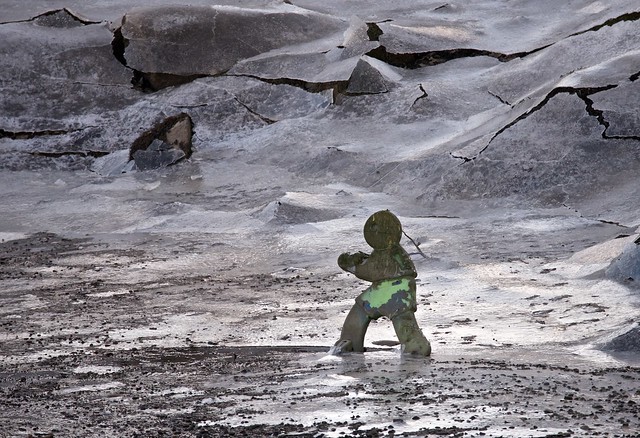
or flat-out puzzling
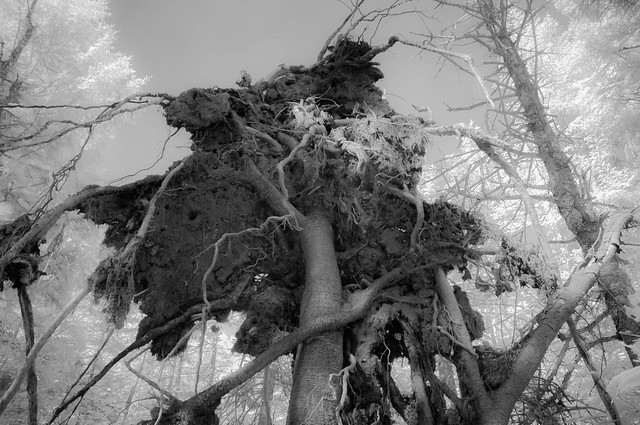
or ambiguous and suggestive of multiple possible readings
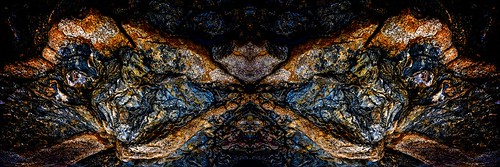
or just plain weird
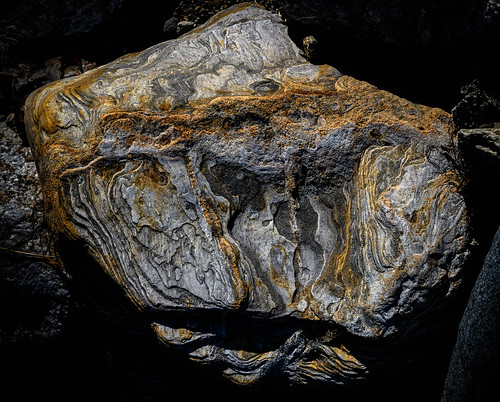
Edward Gorey on writing:
…the way I write, since I do leave out most of the connections, and very little is pinned down, I feel that I am doing a minimum of damage to other possibilities that might arise in a reader’s mind. (New Yorker Dec 12 2018)
Photographers who traffic in enigma and abstractions of various kinds, and/or explore Buddhist and Taoist notions of the contemplative owe a lot to Minor White. Herewith some of my thoughts from more than a year ago: Major Minor.
